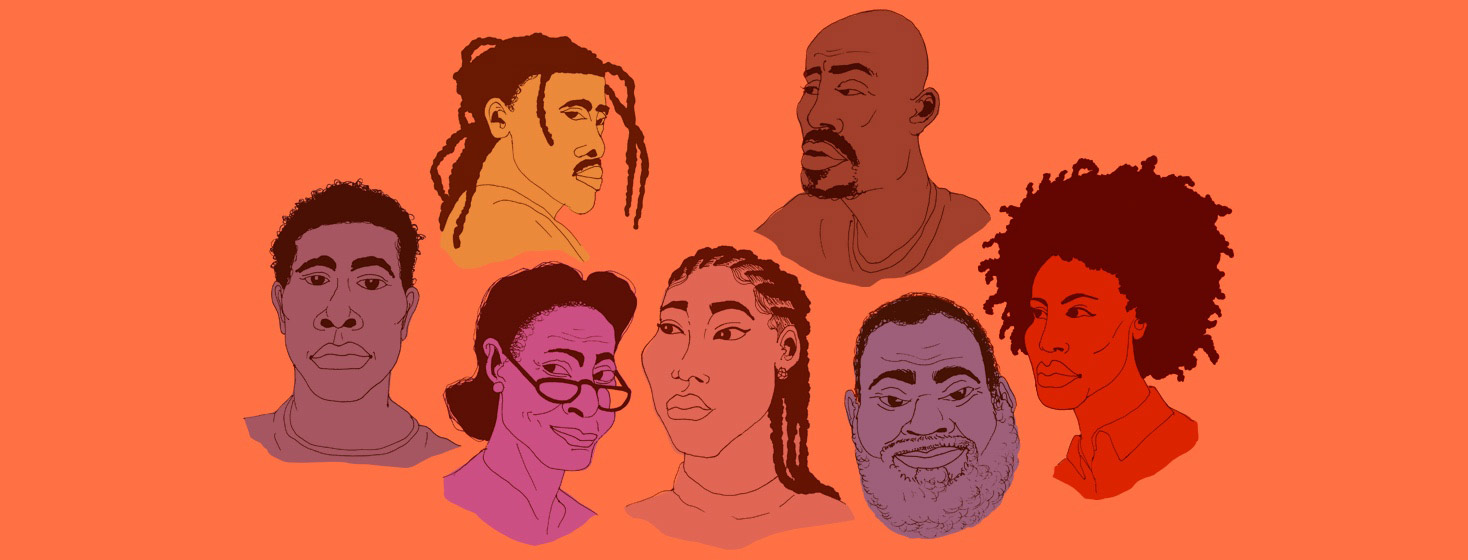How Hepatitis C Impacts Black and African American People
For many years, the hepatitis C virus (HCV) has had a great impact on Black and African American people in the United States, more so than any other group.1 Hepatitis C is a bloodborne virus that causes liver disease. Over time, hep C can result in serious liver damage or even cancer. In people who have symptoms, fever, fatigue, and nausea may develop. Others experience vomiting, abdominal or joint pain, and jaundice.1
How many Black and African American people have hepatitis C?
There are more than 3 million adults in the United States who are estimated to be currently infected with HCV, and the infection is a leading cause of liver-related death. However, the infection and its death rate unequally impact Black and African American people. While Black and African American people make up only 12 percent of the U.S. population, they account for 20 to 23 percent of HCV infections.2
According to the U.S. Department of Health and Human Services, Black people between the ages of 20 and 59 are 1.6 times more likely to be chronically infected with HCV than other races, and Black people 60 and older are 10 times more likely to be chronically infected.3
In part, the disparity may be due to another illness with a major impact on the Black and African American community: sickle cell disease. Affecting 1 in 12 African Americans, sickle cell disease is a disorder that causes red blood cells to break down. Patients often require blood transfusions.3,4 Before 1992, donated blood in the United States was not tested for HCV, so many Black and African American people who received transfusions to treat sickle cell disease may have been infected with HCV as a result.4
Older treatments were less effective for Black Americans
Besides being more likely to have HCV than other races, Black Americans are also less likely to respond to traditional treatments for the virus, including peginterferon and ribavirin, due to a genetic variation that is more common in Black people.5
Sadly, research has also found that Black and African Americans are less likely to receive treatment for HCV. They are also more likely to be deemed unfit for treatment, due to underlying conditions such as diabetes or renal disease. However, studies have found that the main reason why many Black and African American people are denied treatment is due to racial discrimination.5
Treatments are changing, but inequalities remain
Commonly used interferon-based antiviral treatments are ineffective for many Black and African American HCV patients. However, a newer treatment known as direct-acting antivirals (DAAs) is highly effective for people of all races with HCV. In fact, DAAs have cure rates above 90 percent.6
Unfortunately, DAAs often have a high price tag, which contributes to ongoing inequality in access to care. Additionally, the drugs are restricted by insurance companies. This requires people with HCV to have advanced fibrosis to get a DAA prescription, and many require that the patient get that prescription from a specialist like an infectious disease doctor or a hepatologist.6
Hepatitis C is still a leading cause of death for Black Americans
Infection rates have been dropping since HCV testing on donor blood began in 1992, but the virus remains a leading cause of death for Black Americans. As recently as 2016, Black and African Americans were almost twice as likely to die from HCV than the white population.
The other thing that makes HCV more dangerous is that more than half the people who are currently living with the hepatitis C are unaware that they have it. This puts them at risk for life-threatening complications like liver disease and cancer, and it also means they could be infecting others without knowing.7
To prevent long-term complications or spreading the disease, the best thing to do is talk to your doctor. If you think there is a chance you have contracted HCV, get tested – it could save your life, or someone else’s.
Have questions about hepatitis C? Let us know.

Join the conversation